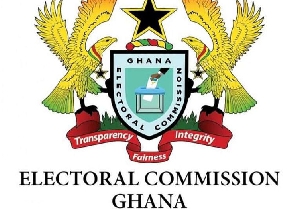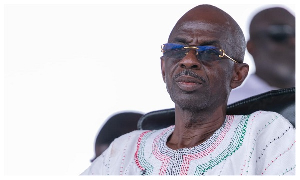The integrity of an electoral register is paramount to the functioning of a democratic system, and inaccuracies within this register can have far-reaching consequences.
As Ghana approaches the December 2024 elections, the call for a forensic audit by the National Democratic Congress (NDC) underscores the urgency of rectifying any discrepancies before voters head to the polls.
An inaccurate electoral register can lead to a variety of unsettling outcomes. First and foremost, it undermines the principle of fair representation. If the register contains outdated or incorrect information, eligible voters may find themselves disenfranchised, while ineligible individuals could be erroneously allowed to cast their ballots. This distortion can skew election results, leading to a government that does not accurately reflect the will of the people.
Moreover, the presence of inaccuracies can erode public faith in the electoral process. Voter apathy often stems from a perception that elections are rigged or manipulated. When citizens doubt the legitimacy of the electoral register, they may choose to abstain from voting altogether, further diminishing democratic participation. A robust and reliable electoral register, on the other hand, fosters trust and encourages civic engagement.
Another significant impact of an inaccurate electoral register is the potential for increased tensions and conflict. Disputes over voter eligibility can lead to allegations of fraud, heightening political divisions and sparking unrest. In a nation that has experienced its share of electoral disputes, the importance of a clear and accurate register cannot be overstated. It is critical for maintaining peace and stability in the run-up to the elections.
Finally, beyond the immediate ramifications for the electoral process, the long-term health of Ghana's democracy is at stake. Ensuring that the electoral register is accurate is not merely a procedural formality; it is a fundamental aspect of democratic governance. It serves as the foundation upon which free and fair elections are built, and it reflects a nation's commitment to upholding the rights of its citizens.
As the NDC advocates for a forensic audit, it calls attention to the need for accountability and transparency, essential components of a robust democratic system. The impacts of an inaccurate electoral register are profound, and addressing these issues now can pave the way for a more inclusive and trustworthy electoral process in December 2024 and beyond.
Opinions of Wednesday, 18 September 2024
Columnist: Anthony Obeng Afrane
Potential impacts of an inaccurate electoral register
Entertainment














